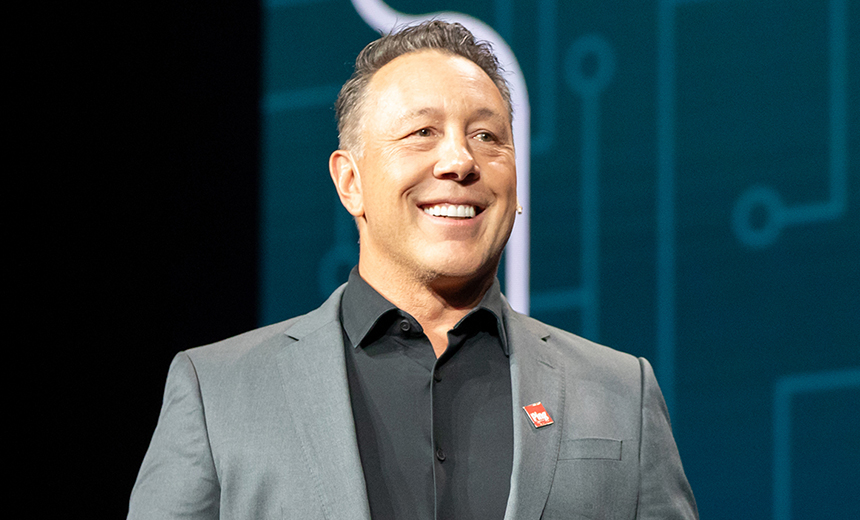Agentic AI
,
Artificial Intelligence & Machine Learning
,
Identity & Access Management
Durand: Agentic Models Require Stronger Verification and Complex Access Controls
The weaponization of trust by malicious actors is forcing enterprises to rethink their approach to identity verification when a customer first interacts with a brand.
See Also: Identity-Based Attacks – When MFA Isn’t Enough
Ping Identity CEO Andre Durand said companies must figure out how to keep humans in the loop and ensure the brand remains visible and relevant to decision-makers, even if those decision-makers are AI agents. As companies increasingly expose their systems to API-driven access by these agents, they need to distinguish between ‘good’ and ‘bad’ agents, similar to how we differentiate good and malicious bots (see: CEO Andre Durand on Why Ping, ForgeRock Are Better Together).
“We’re seeing a tremendous number of threats into the entry point of the life cycle of identity, which is putting a spotlight on the verification process,” Durand said. “We’re also seeing, at the same time, an existential threat that agents on behalf of you and I doing our research for us, can disintermediate a lot of interactions with brands. So, what will brands do when the omni-channel changes?”
In this video interview with Information Security Media Group, Durand also discussed:
- The emergence of agent-centric interactions in the omni-channel;
- The importance of simultaneous verification and MFA enrollment;
- Rise of severe attacks targeting onboarding and re-enrollment.
Ping Identity serves more than half of the Fortune 100 and protects more than three billion identities worldwide. Prior to founding Ping Identity in 2002, Durand founded Jabber to commercialize the Jabber open-source instant messaging platform, which was acquired by Cisco in 2008. He also serves on the board of Jamf.

